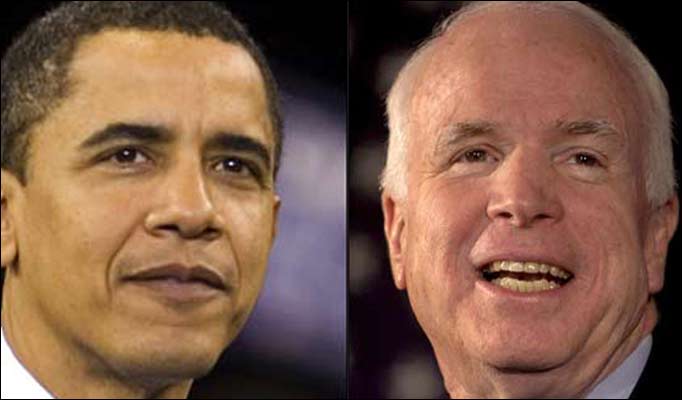Post Debate Thought: Health Care A Commodity Or Not? It’s Time For America To Decide.

Is health care a commodity? A right? Or something else?
An important question was asked at last night’s Presidential debate. It was and is the fundamental question underlying the difficulty the US faces in reshaping and rethinking its health care policy, yet it hasn’t been asked enough.
The question posed to Barack Obama and John McCain was whether they consider health care to be a commodity, a right, or something else.
Obama thought it was a right, McCain referred to it as a responsibility. What do you think?
It’s an important dialogue to have. Commodities and human rights are such fundamentally different concepts, it’s difficult to see how something can be both. So until we settle this central question, it really won’t be possible to craft meaningful health care reform. Instead, we first need to be decide into which category we place health care because transacting commodities and protecting human rights are such fundamentally different things.
If health care is a commodity-and not a right-that makes a fairly strong case that it should be bought and sold like any other commodity, for a profit, at the highest price the market will bear. But does the profit motive belong in health care? And do only those with the ability to pay deserve to have their pain or suffering ameliorated?
It seems that our current system of private for-sale-at-a-profit health insurance makes the most sense when health care is considered a commodity. If it is a commodity, private health insurance corporations as they exist now will not need to change very much if at all. Which means they won’t change nor will our health care system be reformed or improved in any meaningful way.
Ethics aside, in our current system of private health care insurance, we overpay for our health care because besides paying for our actual health care services themselves, we also pay the operating costs of the insurance company, plus whatever profits the insurance company builds into our premiums. And although they are regulated to an extent, private health care insurers are not directly accountable to the public as government institutions are.
But if we re-consider and recognize health care as a basic human right – not a commodity – can we ethically continue to tolerate the status quo, in which it’s bought and sold for profit? If we decide that we can’t, we should then reshape our health care system to be run – not for profit – but for efficiency and parity across all lines; social, economic, and geographical. Institutionally, only the federal government has the physical infrastructure and scope to administer health care resources on a national level and still be consistent with these principles.
What that looks like in practice is the proverbial single-payer, centralized system of health care as currently exists in the vast majority of developed countries. We may overpay in this system too, but it would be due to inefficiency, which can be addressed and reduced over time. A corporation’s profitability can not be reduced or redressed by the the public at any time. Unlike a corporation, a government-administered system could be accountable to the taxpayers and subject to meaningful oversight.
But advocating a government-administered single payer system has been a politically risky position to take for politicians, who invite anti-socialism criticism when they do so.
If the concept of health care-as-a-human right does take hold, it could be an important turning point that gives legislators the much-needed political cover to push toward a more efficient and equitable single-payer system.
What are your thoughts?
- Posted in Miscellaneous
- 1 Comment



